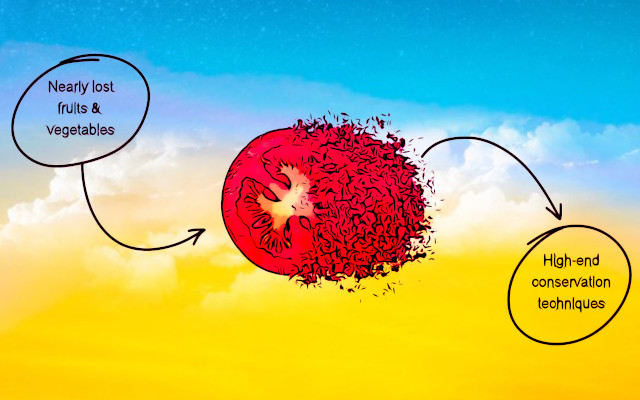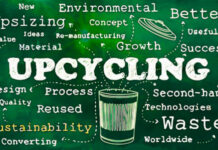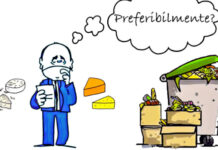Vegetable soups become a powerful tool against food waste. A Dutch company, started in early 2020 by three young people, has launched a collection of ready-to-eat or rehydrate vegetable products made from vegetables destined for waste.
Soups from waste against food waste
Food waste in the fruit and vegetable supply chain begins to accumulate from primary agricultural production. There are two main causes, according to the founders of Winning Foods:
– The refusal of distributors to sell fruits and vegetables in shapes that do not conform to commercial standards. As evidenced by the fact that it is almost impossible to find forked carrots or curved cucumbers at the supermarket, which are routinely found at organic farmers’ markets,
– excess production over orders, prices below production costs. In some cases, the fruit and vegetables are not even harvested, or are otherwise destined to be lost. To counter this market aberration, a network of ‘gleaners’ is already active in the UK who collect ‘leftovers’ in the fields and deliver them to those in need.
Gleaning, a win-win practice
Gleaning was ‘the searching for and gathering of the ears of wheat left in the field after the harvest,’ granted to the less well-off to feed themselves. It comes up again, today, with the same goal and awareness of the absurdity of food waste.
Vegetables abandoned in the fields, moreover, produce methane. A greenhouse gas that contributes far more to climate change than carbon dioxide. (1) Recovering them benefits the environment, but it also benefits agricultural enterprises, which can thus qualify as ‘zero waste’.
Winning Foods, exemplary business
Dutch start-up Winning Foods-launched by Floris Schoenmakers, Frederik van Dessel, Jef Cavens-has gotten off to a flying start. Revealing its brilliance in a historical period not ideal for business between the aftermath of the pandemic and the war economy .
The soups-tomato and spicy tomato rich in lycopene, pumpkin and cauliflower-are already available on the market, including online. With an effective presentation, emphasizing the exemplary role of each product, for the environment and health (50 percent of the recommended daily intake of vegetables in one serving).
Toward waste recovery in Africa
The mission of B-Corp Winning Foods also targets Africa, with promising prospects for social impact as well, to help address the growingfood security crisis .
Two areas for improvement, in our opinion, are seen in the reduction and/or replacement of salt (now present in 1.05-1.12g per serving) and the choice of organic rather than ‘conventional’ vegetables.
Notes
(1) Emissions of 1 kg methane, equals 25 kg CO2e (1 kg CH4 * 25 = 25 kg CO2e). V. Matthew Brander. Greenhouse Gases, CO2, CO2e, and Carbon:
What Do All These Terms Mean? v 2.1.pdf Ecometrics.
Professional journalist since January 1995, he has worked for newspapers (Il Messaggero, Paese Sera, La Stampa) and periodicals (NumeroUno, Il Salvagente). She is the author of journalistic surveys on food, she has published the book "Reading labels to know what we eat".








